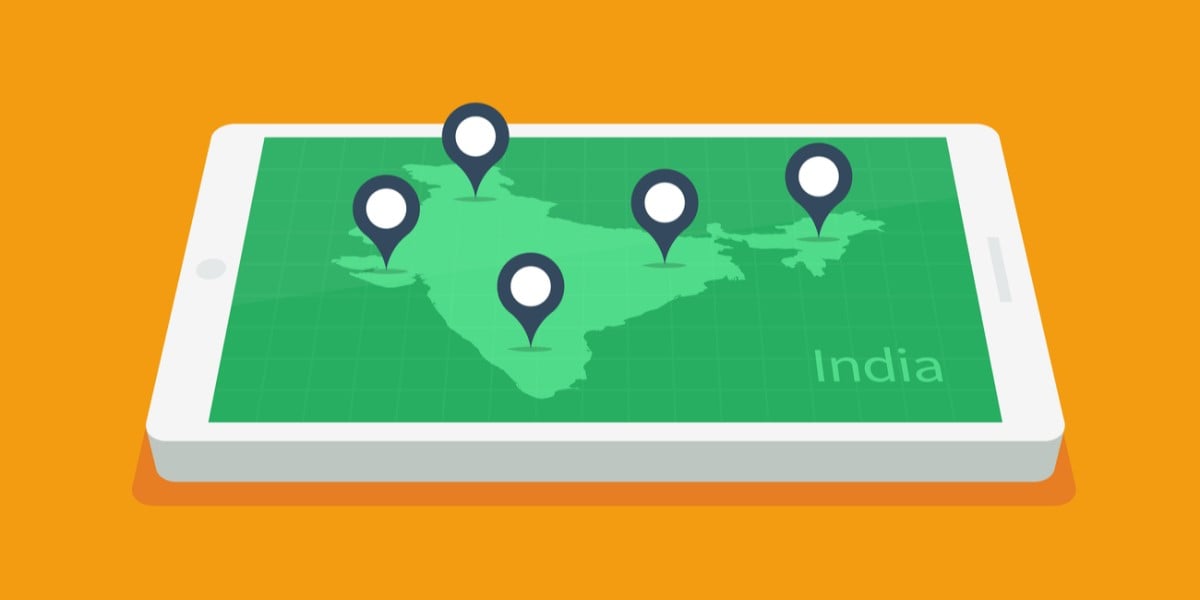Google has slashed the prices for access to its Maps API in India, the week after a competitor entered the market.
“We’re making it easier for developers to start up and scale quickly in India with lower pricing and the ability to be charged and pay their bill in INR (Indian Rupees),” states the search and ads giant’s explanation for the change, which comes into effect from August 1.
As of that date the current $5.00 charged for up to 100,000 geocoding requests each month will drop to $1.50, and the smaller sum will cover up to five million requests.
A previous price tier that saw developers charged $4.00 for between one and five million requests will drop to $0.38.
The pricing applies to the Google Maps Platform Core Services SDKs and APIs.
Critically, the price drops are only offered to “India-based customers that incur a large majority of usage in India and are billed in India.” So no moving your code to India, people.
The India-only condition is also notable, because by a remarkable coincidence local startup Ola launched its own mapping service on July 8.
“Existing mapping providers do not fully address unique challenges related to delivering a seamless experience for Indian users, and this creates special opportunities for Ola and Indian developers,” the biz wrote in its launch announcement. It pointed to rivals not offering complete rural coverage, keeping up with new or changed roads, and not understanding how potholes and other tarmac quality issues impact travel times.
Ola’s launch included a call for Indian developers to ditch Google and adopt the local product.
This is not the first time an Asian company has tried to compete by bringing local knowledge to the craft of cartography. In 2022 Singaporean rideshare and delivery platform Grab created its own maps that capture info specific to the layout of Asian cities, taking into account the prevalence of motorbikes across the region.
Grab’s maps were embraced by AWS, which added them to its as-a-service offerings.
Google appears to have been less generous.
Ola has responded to Google’s price cuts by dropping its price to zero for a year, adding a free tier for up to five million API calls a month, and criticizing the multinational behemoth.
“Our recent #ExitGoogleMaps campaign wasn’t just about a product – it’s a battle cry for India’s technological freedom,” wrote Ola Group co-founder and chair Bhavish Aggarwal. “We’re offering Ola Maps on the cloud, free for a year, because we believe in empowering Indian innovation, not stifling it with prohibitive costs.”
Another new offer means developers will get access to Ola Maps at no charge for three years if they use them alongside the Indian government’s e-commerce hub – the Open Network for Digital Commerce.
To date, India’s competition authorities appear not to have considered whether Google’s actions warrant its attention. But local regulators have previously gone after Google over its Android and Play Store market dominance, and Smart TV licensing practices.
India courts Big Tech as a source of smarts, jobs, and investment – but also fights hard to develop and protect local tech players. It would not surprise if Google’s price cuts bring it some regulatory pain, and Ola is hailed as heroic. ®

